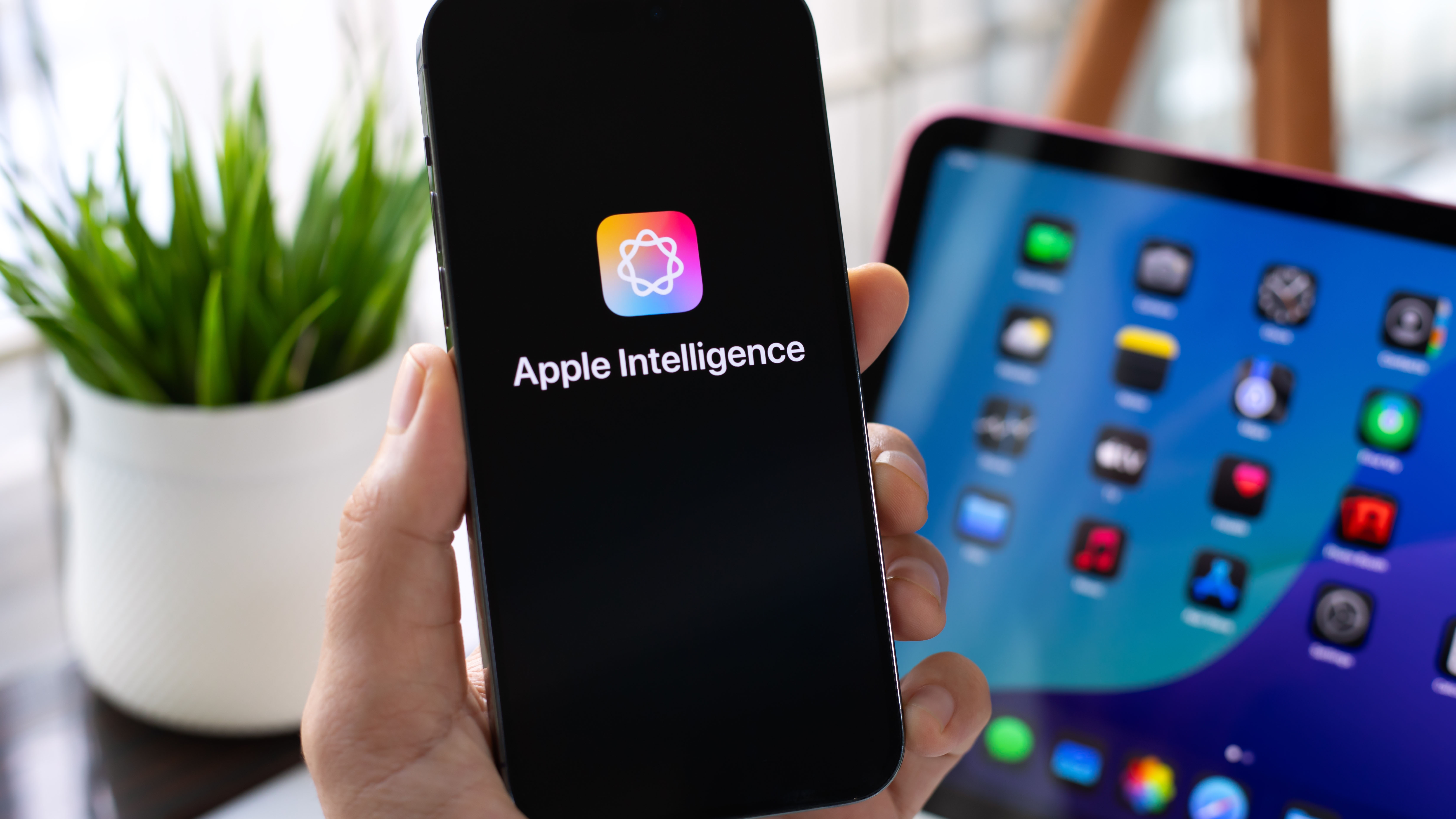
- The US has expressed concerns about Apple’s AI deal with Alibaba in China
- Around one in five of Apple’s sales are in China – its second-largest market
- Apple has also been slammed for manufacturing in India, not the US
The Trump administration and Congress are concerned about Apple’s deal with Alibaba to power some of the AI features on iPhones in China, noting potential privacy concerns (via The New York Times).
Worries about data sharing and national security implications have been raised, with the potential legal requirements for Apple and Alibaba to adhere to Chinese regulator rules central to the discussion.
Moreover, only Alibaba has publicly confirmed the agreement, with Apple remaining silent – this could indicate potential uncertainty or an unfinished deal, or it could just be a typical Apple move of keeping developments under tight wraps until the final moment.
The deal is being scrutinized amid ongoing US-China tensions, with concerns about aiding China’s AI development and improving Chinese military AI capabilities both noted.
“Alibaba is a poster child for the Chinese Communist Party’s military-civil fusion strategy, and why Apple would choose to work with them on A.I. is anyone’s guess,” Representative Raja Krishnamoorthi of Illinois proclaimed.
Apple has already dropped a deal with Chinese chipmaker YMTC over pressure from the US, and the Cupertino tech giant is also facing challenges from the trade war-induced tariffs and supply chain shifts out of China, with industry experts warning of sharp price hikes for consumers partaking in the next refresh cycle.
However, China is the company’s second-largest market, accounting for around one-fifth of its sales, highlighting the importance of a deal so as not to miss out against local smartphone makers.
The US administration has considered restricting US companies from doing business with the likes of Alibaba and other Chinese firms, but no details have been confirmed.
Although the company has sought to diversify its supply chain, President Trump has criticized Tim Cook for increasing production in India, urging domestic US manufacturing instead – one of the President’s ultimate goals.
Ultimately, Apple risks issues whichever way the deal swings, either missing out on millions of Chinese sales or potentially serious implications within the US. Apple had a 13% smartphone market share in China during the first three months of 2025 (via Canalys), putting it several paces behind Xiaomi, Huawei, OPPO and vivo.
“The US smartphone market is expected to experience considerable volatility over the next two to three quarters, impacted by inventory corrections and weakening consumer confidence,” Canalys Research Manager Le Xuan Chiew explained.













Leave a comment